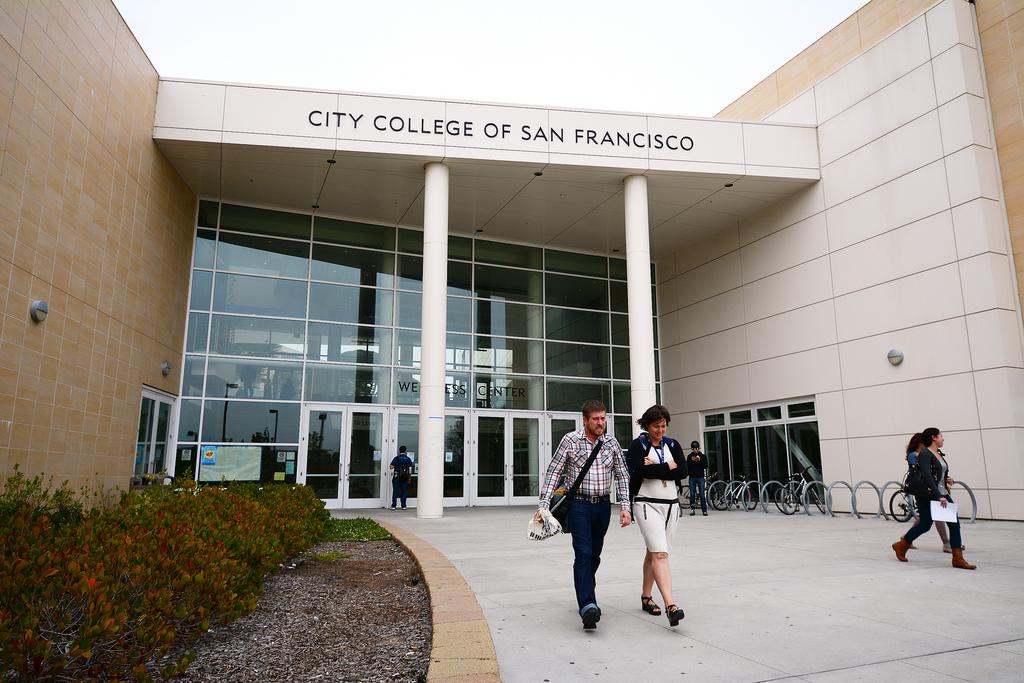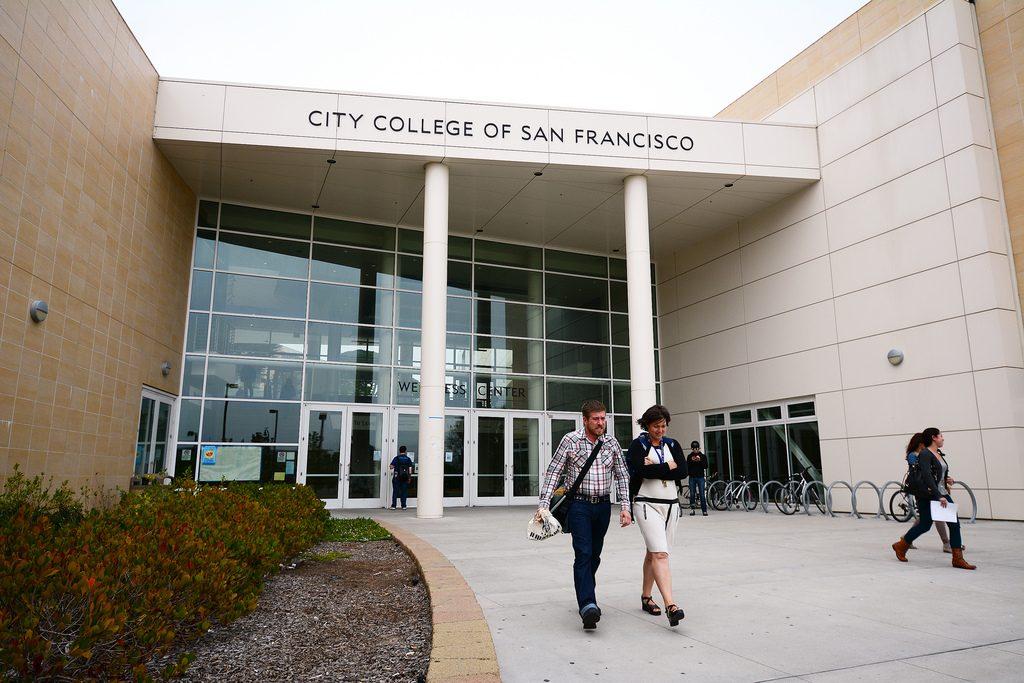
Like the other 80,000 students at City College of San Francisco, 21-year-old Giselle Rouede had faith that her school would remain open so she took time off from her education to join the National Guard reserves.
After completing her training as an Aviation Operations Specialist, she returned to City College to complete her general education requirements only to find her school in the middle of an accreditation crisis.
The Accrediting Commission for Community and Junior Colleges decreed that City College would lose its accreditation on July 31, 2014. While their decision remains under review, the final result has the potential to affect the entire city including SF State.
“Transfers from City College do very well here,” said SF State President Leslie E. Wong. “They’re our main source of transfers.”
SF State received 657 transfers from the community college last fall, but that source of new students might disappear if the college loses its accreditation.
Accreditation is a process every school must go through to ensure that student interests are being met. It’s what ensures that classes are transferable, degrees are recognized by other colleges and that the school is eligible for government funding.
President Wong said he stands ready to help City College in any way he can, but has ruled out a merger of the two schools. With transfer rules already in place the University prefers to rely on its existing policies.
“We did not want to appear to open any doors and drain away resources from City College,” said Wong.
Although still open and accredited for the moment, the community college has suffered a 10 percent decline in enrollment for the new semester, according to Paul Feist, spokesman for the California Community Colleges Chancellor’s Office.
SF State recently underwent its own accreditation process with the final results being released this summer. The University passed with flying colors.
The Western Association of Schools and Colleges reaccredited SF State for the next 10 years and credited the school with increasing graduation and freshman retention rates, maintaining its commitment to diversity and remaining financially solvent.
That stands in marked contrast to City College, which was faulted for poor money management and student achievement planning.
The commission’s findings have City College students like 22-year-old Matt Tahir exploring other options.
“I always have a backup plan,” said Tahir. “I worry about people who can’t travel to Skyline.”
Skyline College, in Daly City, is one alternative for City College students if the school is ultimately forced to close, but Tahir and Rouede both say it’s inconvenient for San Francisco residents to get to.
“City College is a five minute drive if you live in the city,” said Rouede. “Skyline would be extremely difficult to get to if you don’t have a car.”
Whatever their backup options are, both Tahir and Rouede said they hope City College remains open.
“They’re such an important part of San Francisco,” said Wong. “Their role is complex and necessary.”






Rik • Aug 27, 2013 at 12:14 pm
Considering the impression ACCJC CEO Ms. Beno made on the California Legislature ( both democrats and republicans) it looks like the only thing the ACCJC will be trying to enforce is its own accreditation. It is a wasteful, corrupt organization with members flying around the state and living the high-life at the expense of the tax payers. Finally, it looks like they have been noticed. Anyone who disbelieves these accusations need only request financial records from WASC and the ACCJC.